News

Scientists at the University of Kentucky have uncovered a new reason why people with Alzheimer’s disease often struggle with sleep, long before memory loss begins. The study, led by researchers at the Sanders-Brown Center on Aging, reveals that a protein called tau “hijacks” the brain’s energy supply, keeping the brain in a state of overactive excitability that prevents restorative rest.
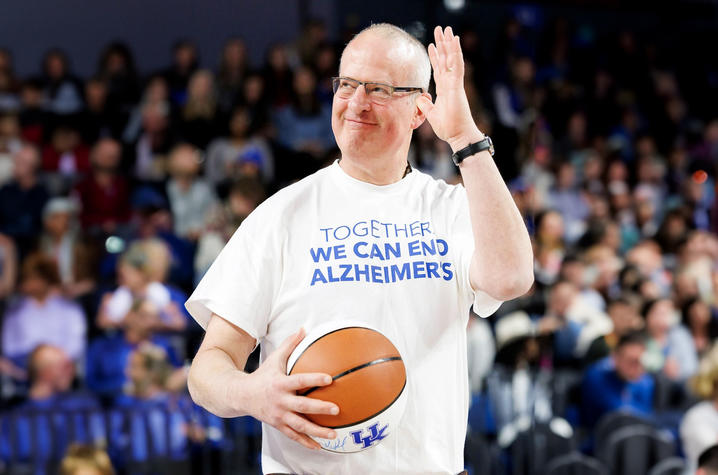
Each year UK Athletics, UK HealthCare and the UK Sanders-Brown Center on Aging partner for a game honoring legendary basketball coach Pat Summitt — a beloved leader and fierce Southeastern Conference competitor, who battled Alzheimer’s disease with remarkable courage.

For many Kentuckians with dementia, medical interventions may seem like the only choice, but a new University of Kentucky study shows that prioritizing joy and engagement through enrichment activities is vital for the health of both residents and the caregivers who support them.
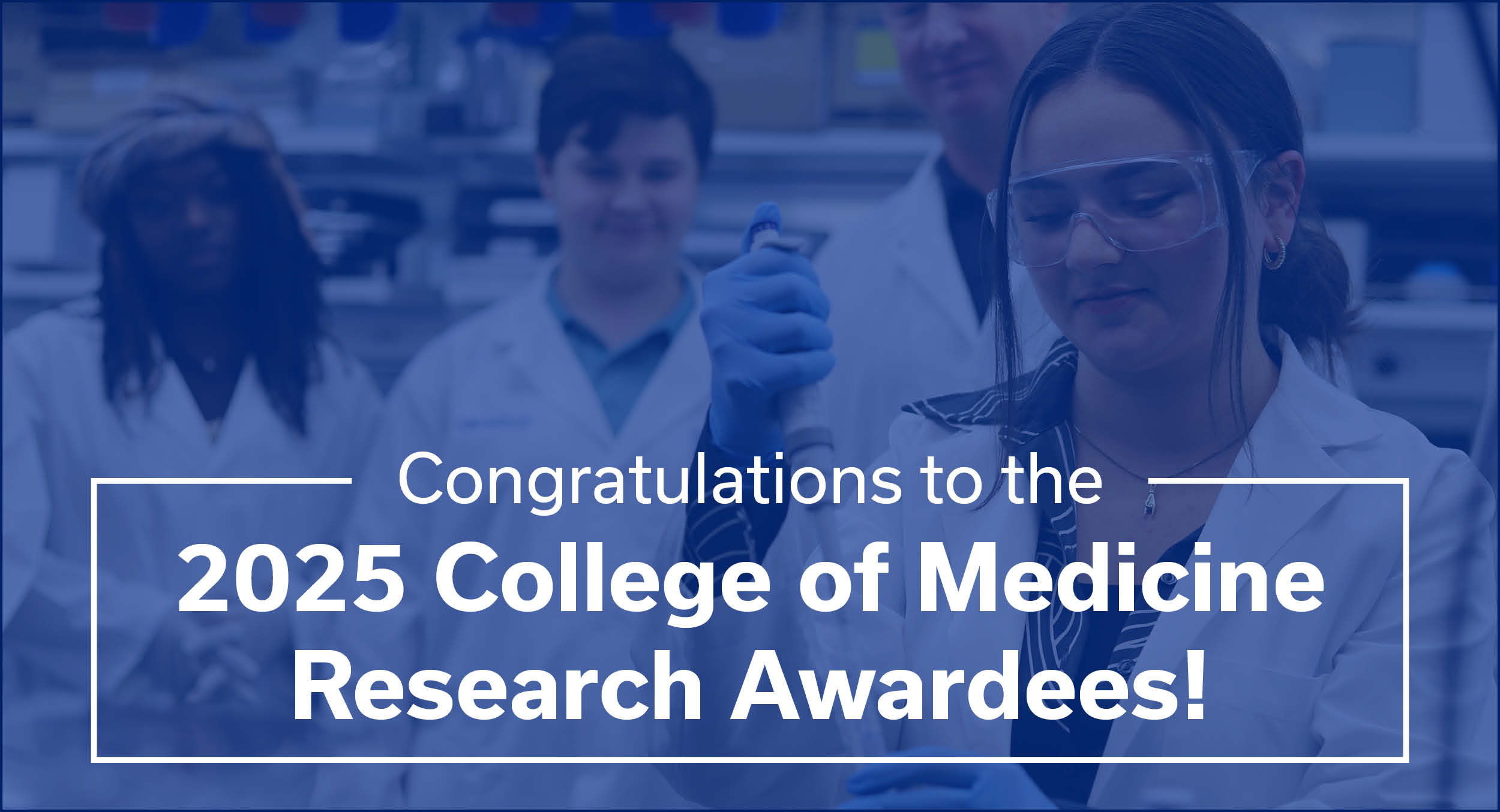
The UK College of Medicine Office of Research 2025 Research Awards recognize faculty and staff who have made outstanding contributions to basic, clinical, and translational research in the College of Medicine. Please join us in congratulating the following awardees:

The University of Kentucky Markey Cancer Center has treated the first patient in the U.S. with a new immunotherapy for small cell lung cancer, offering hope for patients whose cancers have stopped responding to other treatments.

University of Kentucky Markey Cancer Centerradiation oncologist Denise Fabian, MD, will lead a national symposium focused on theranostics, a rapidly advancing approach to precision cancer care that combines diagnostic imaging and therapeutic interventions.

Imagine being able to see the invisible—amyloid plaques, tau tangles, and metabolic changes in the living brain. This is no longer science fiction; it’s reality at the University of Kentucky.
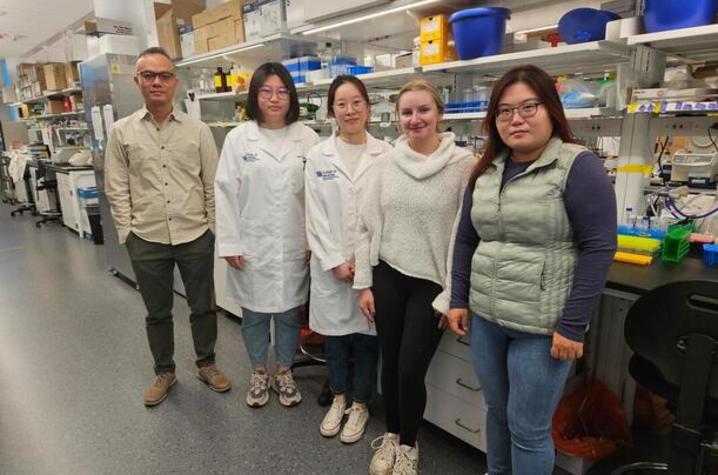
A University of Kentucky Markey Cancer Centerstudy reveals how prostate cancer cells adapt their metabolism to thrive in bone tissue, offering a potential new treatment target for patients with advanced disease.
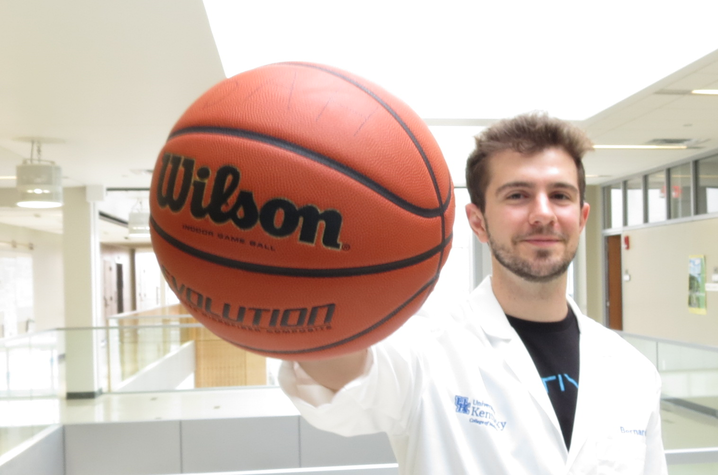
The University of Kentucky’s Sanders-Brown Center on Aging is home to researchers pushing the field of Alzheimer’s science forward — among them, soon-to-be graduate Bernardo Aguzzoli Herbele, who will earn his doctorate in neuroscience this month.

By Dana G. Smith
Dec. 1, 2025
This article was published by the New York Times. Read the full article on New York Times.

Kentucky has one of the nation’s highest burdens of chronic lung disease, a challenge intensified by smoking prevalence, occupational exposures and limited access to specialized care in rural communities. As UK HealthCare looks to expand its services for those with advanced lung conditions, a new leader is helping to guide that effort.
The UK College of Medicine recently hosted medical student research showcases across three of our campuses — Bowling Green, Lexington (virtual), and Northern Kentucky.

Hearing loss is one of the most common health challenges worldwide, touching individuals of all ages and stages of life. It can influence relationships, learning and overall well-being.
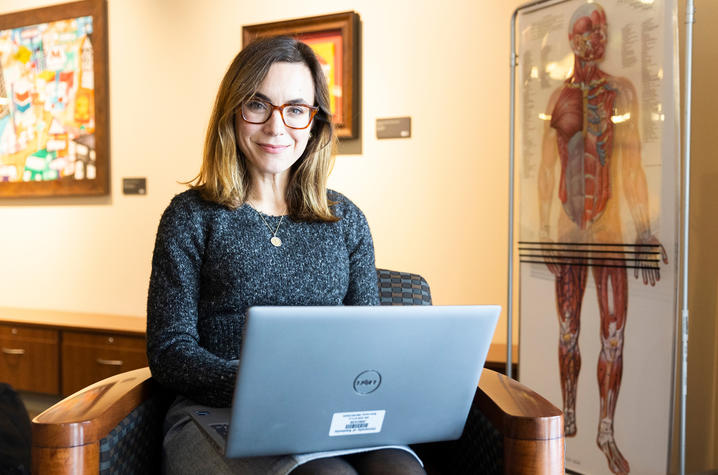
Two students at the University of Kentucky College of Medicine have had unique learning and training opportunities thanks to generous contributions to a new gift account.

University of Kentucky researchers were recently awarded a prestigious Centers of Biomedical Research Excellence (COBRE) grant that will significantly bolster diabetes prevention research.
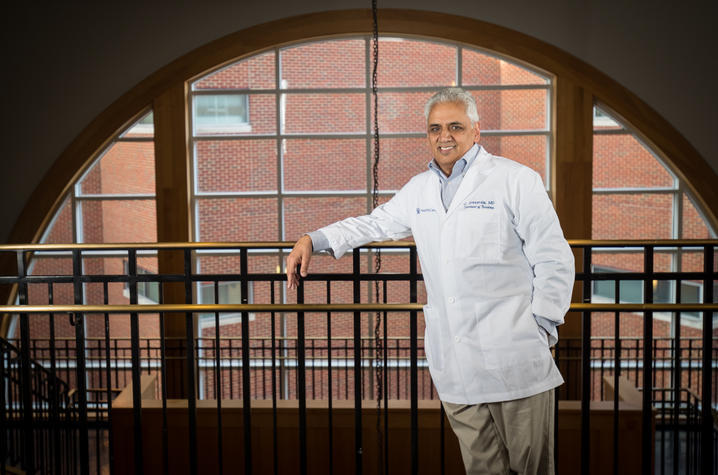
For most of us, the phrase “stroke of the eye” sounds like a metaphor. But for UK HealthCare’s Jagannadha “Jay” Avasarala, MD, PhD, it’s a literal and urgent diagnosis — one that could mean the difference between sight and permanent blindness.
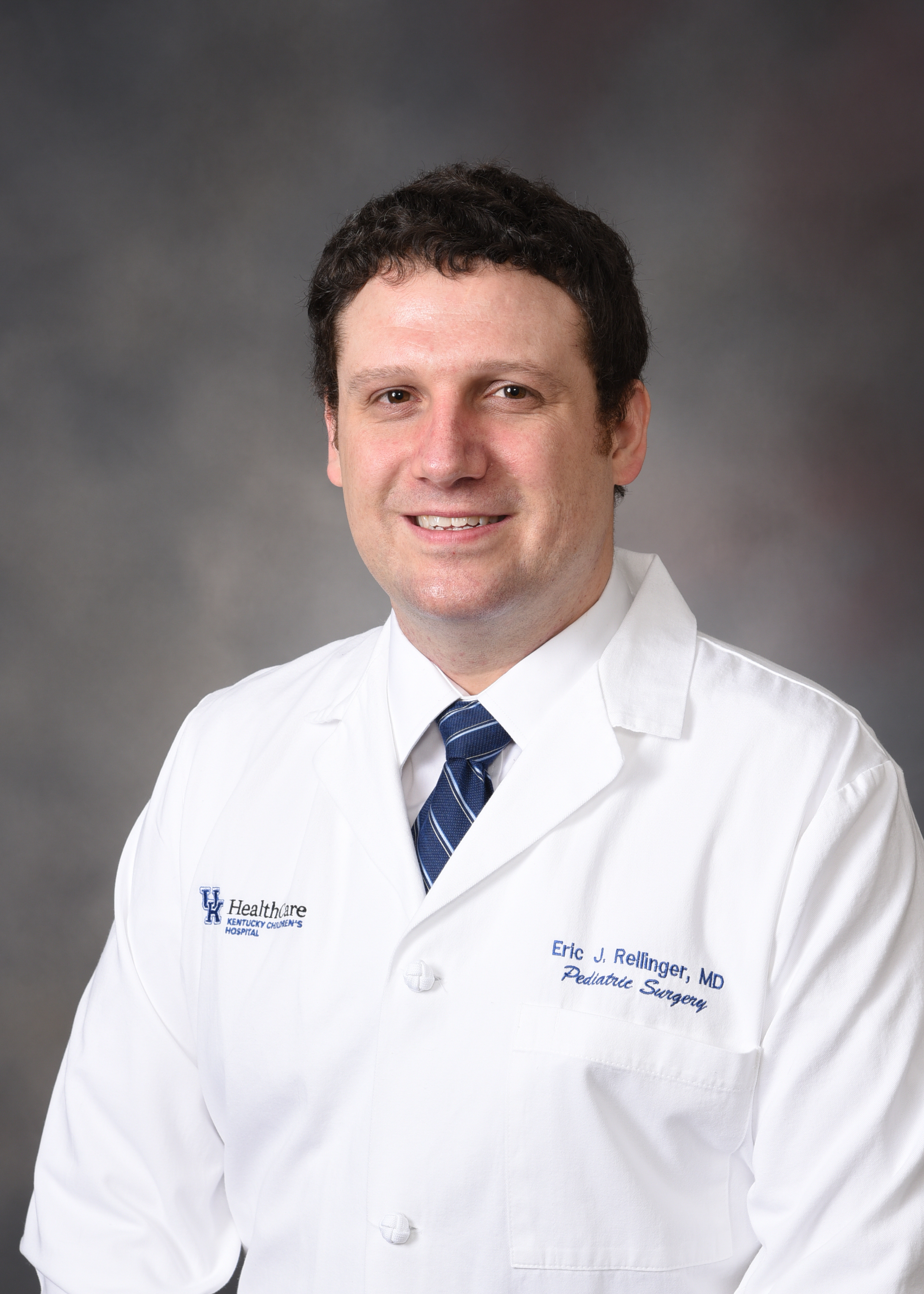
University of Kentucky Markey Cancer Center researcher Eric Rellinger, MD, was selected to receive the American College of Surgeons’ 2026-2031

When Mindy Thompson talks about her career at the University of Kentucky, she doesn’t describe a carefully mapped plan. Instead, she shares a story of saying yes to opportunities, learning from mentors, and trusting her ambition to carry her forward.

The University of Kentucky College of Medicine will welcome internationally recognized scientist Lotte Bjerre Knudsen, PhD, as the featured speaker for the William R. Martin Lecture Series on Monday, Nov. 3, 2025.
University of Kentucky Markey Cancer Centerresearchers Jennifer Redmond Knight, Dr.P.H., and Timothy Mullett, MD, are co-investigators on a new National Cancer Institute grant that will expand Kentucky’s successful lung cancer screening quality improvement program to 60 sites across the U.S.